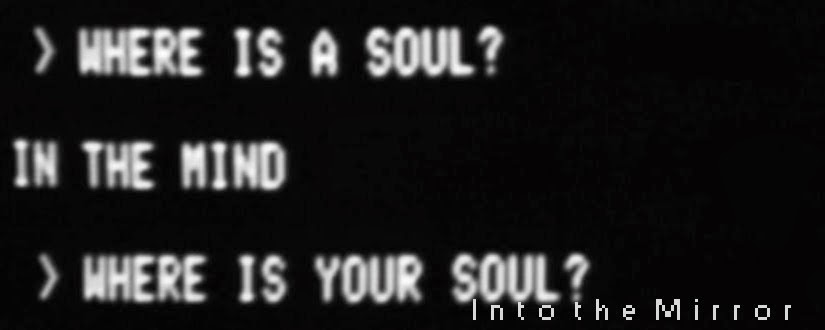I know, I know. "Who cares about this hack anymore?" The controversy surrounding Lana Del Rey and her
notorious performance on SNL seems to have earned her a respectable debut at #2 on the Billboard charts, but it's since been followed by a slip into the low 30s, middling reviews and a rapid onset of public fatigue. Although the Internet births unto us these conversation pieces at an alarming rate - media saturation at its most frighteningly efficient - the rate at which we grow tired of them seems directly correlated to the speed at which they enter our fields of vision.
Media response to
Born to Die continually emphasized her persona and questioned her authenticity; the music behind the woman faded in the shadow of lip-injection debates and trust funds and what it means for an "independent" artist to get a gig on Saturday Night Live despite only having released a two song EP. So as not to be discursive on discourse and simply regurgitate a bunch of online scrutiny (Rich Juzwiak has put together an amazing sort of
collage essay that really underscores this nasty Internet feedback loop in action), this is an attempt to look singularly at the Lana Del Rey that the album creates.
Del Rey's lyrics, I find, are her biggest failing and the primary evidence that spurred this witch hunt in the first place. She has a knack for vivid imagery, but really lacks restraint; her feelings and messages are reached through brute force. It's impossible not to cringe as she breathily coos "Pabst Blue Ribbon on ice" on "This is What Makes Us Girls" in a woeful feint at rendering herself relatable to her target audience. Throughout
Born to Die, Del Rey bounces between these trying grasps at real-woman credibility and a coy but unashamed sexuality, and the end result, far from being clever or sultry, just strands her with this Midwest Betty Boop aesthetic. If there's an experienced woman making this music, she doesn't express it particularly well, hiccuping when she should be growling and possessed of no real self-awareness. The cliches run rampant as she shoehorns in whatever big girl platitudes she can, desperate to prove her credibility. This withering lack of focus makes her delivery of lines like "he loves me with every beat of his cocaine heart" and "and he shows me, he knows me/every inch of my tar black soul" unconvincing, but all of this is innocuous at best and intermittently annoying at worst.
These issues might be more difficult to forgive if this wasn't Del Rey's first album. It's difficult to be tolerant of amateurishness in a pop landscape where hitmakers are endlessly sculpted before they're allowed to sing so much as a note, but at the end of the day there's a personal element to
Born to Die that puts Del Rey miles ahead of someone like Katy Perry. She hasn't quite learned to reconcile all the disparate parts of her musical personality with the sounds she's coupled to, but the album demonstrates considerable potential for growth. Her voice, a sexed-up contralto couched in echoing funeral dirge arrangements, occasionally wavers - you can tell where the production is doubling up on some of her weaker moments - but nonetheless retains an intriguing darkness. The album is relentlessly downbeat, which causes it to get a little sludgy by the halfway mark, but she holds her own admirably amidst intimidatingly overproduced, heavy melodies. She makes out like a bandit if you compare her to someone like Scarlett Johansson, whose Tom Waits cover album was sonically very similar but marred by a far less distinguished singer who ultimately just became another instrument. On the contrary, it's difficult to imagine a song like "National Anthem" hitting the soaring highs it does without Del Rey, and her pinched snakelike phrasing perfectly complements darker tunes like "Lolita" or "Diet Mountain Dew." It's all a little hokey, sure, but there's an undeniably evocative element to Del Rey that is bound to only grow with refinement. Hopefully the Internet doesn't scare her off before that can happen.
B-
Highlights: "National Anthem," "Dark Paradise," "Lolita"



